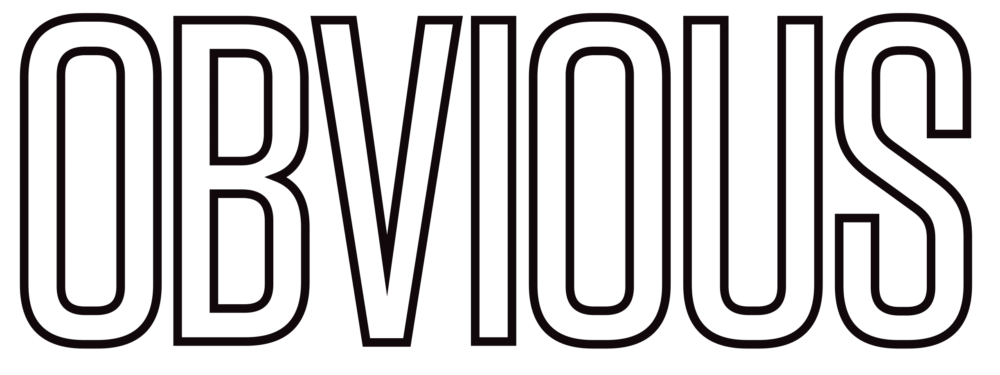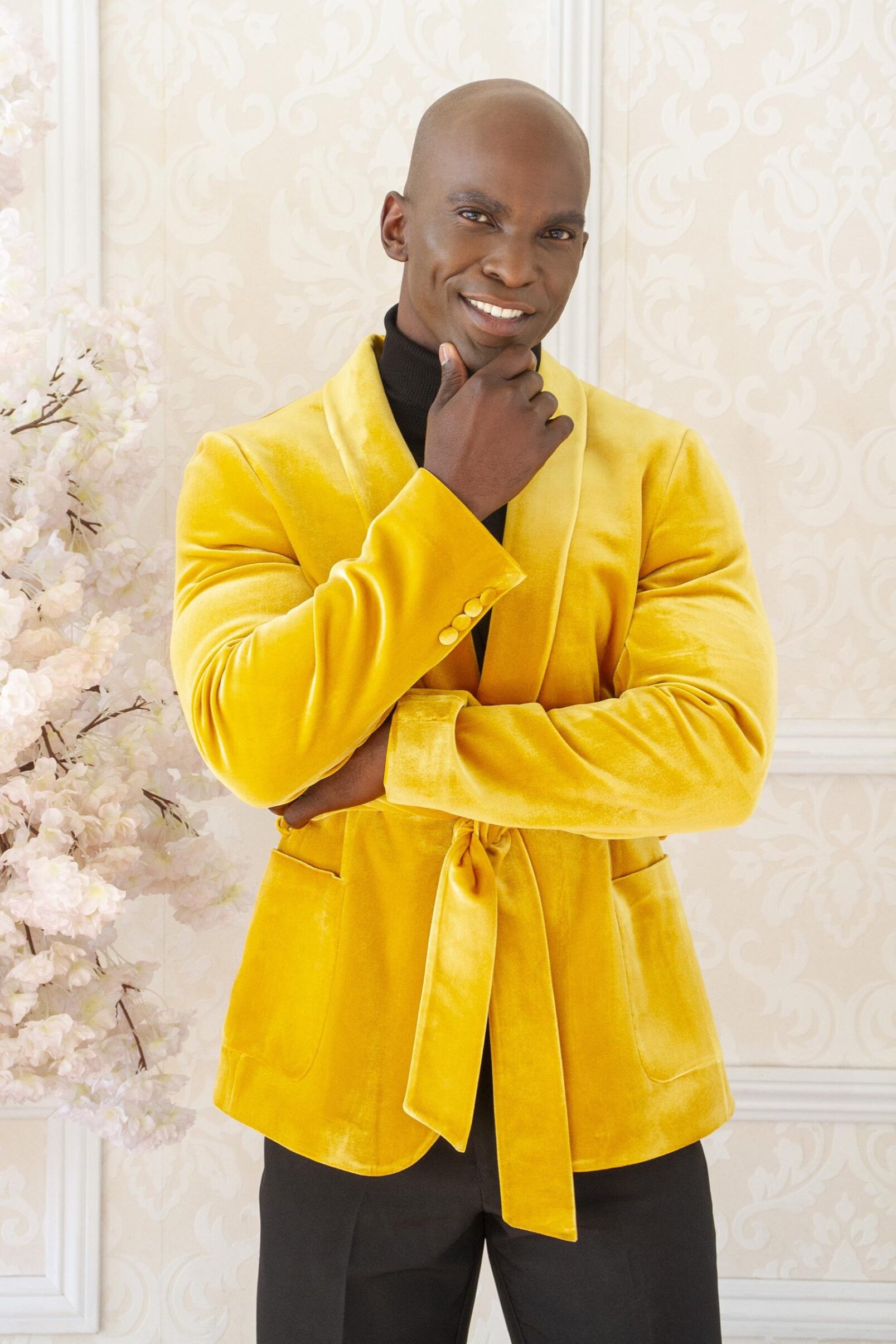The world of events can be complex and competitive, yet Event Planner, Andrew Roby, found a way to put his stamp on the industry like no other.
What makes an event so impactful that it moves to do something or even make a difference for an important cause?
Check our interview with him where he breaks down his process of creating Andrew Roby Events and why your team is essential for a successful event experience.
“I don’t know where I would be without my team because they’re literally the backbone of my business, and I really love them.”
– Andrew Roby, Founder at Andrew Roby Events
Andrew Roby Interview
You call yourself an event storyteller. Tell our readers a story about how you found events as a career.
Andrew Roby: It all started literally with me trying to find a space actually to welcome my friends. After serving in the Army, I had just moved to D.C. from Germany, and I just felt alone. I felt like I didn’t know anybody, and I didn’t have an outlet to do anything.
I had gotten to the point of thinking I had nothing to do, so I asked myself, what could I do with at least a small group of friends that I knew in this area?
I started having get-togethers, telling people to come over for drinks, cooking, playing games, etc. – those get-togethers began to grow, and more people began to come over to my tiny apartment to have fun and hang out.
One of my friends said to me, “You should be a party planner because you’re always doing something, and it’s always fun for us to come over here whenever you have something going on.” I thought to myself, “Let me try it out and see what I could do.”
Well, my first event sucked. I mean, it was the worst. I over-committed myself to doing things, and I thought I could do it all by myself without any help. I was like, wow, okay – I had to realize that there was more to planning an event than just telling people to come over, especially for a more significant number of people.
So I quickly learned how to pull things together and the various dynamics of planning an event. That led to me volunteering at an organization working with brands like Coca-Cola, and the USO, which is a part of the military.
Through that experience, I learned how to execute better. That organization did many events for single service members and involved things like basketball tournaments, Three On Three with Coca-Cola, fashion shows, and various fundraisers. I did all of that in 2005, and I’ve been here ever since.
How has being a veteran helped you in this industry? Was there any discipline or other characteristics from your time served that influence you now and perhaps help you be an even better event planner today?
Andrew Roby: I served in the Army; stationed in Germany. I believe that had it not been for me being in the Army, I probably wouldn’t have been able to do a lot of the stuff I do in the event industry.
When I moved back to the States from Germany, My last duty station was at the old guard, one of the most prestigious military army units. There’s a version of the old guard in every branch of service, and the premise of the old guard involves discipline and executing high-caliber events.
Additionally, it involves burying fallen soldiers in Arlington National Cemetery, and it required our uniforms to be pristine and in order by number.
My first big ceremony was burying President Ronald Reagan – and from there, I moved on to dealing with foreign dignitaries, working with President George W. Bush – it was not what I was expecting the Army to be; however, it shaped how I understood protocols, security procedures, attention to detail, discipline, timelines, and all these other things that I literally use every single time I produce an event today.
Whether it’s for a state official or a couple planning their wedding, I use all of the assets I learned in the Army, and it’s been tremendous.
Let’s compare D.C. with your hometown of Miami. How different is the landscape for you in event planning between the two, and how might they be similar?
Andrew Roby: It is very different. D.C. is known for big events like the Republican and Democratic National Conventions or the Congressional Black Caucus Week, and several other significant events known to this city; however, to me, there’s not enough flavor.
There isn’t an authentic style to these events, and a lot of them feel watered down. When I look at my roots in Miami, I think of the Haitians, Cubans, Dominicans, and all the varying cultures that clash into one another, creating its own unique culture in itself.
Then, when I come up to D.C., I see a melting pot of different people, but it’s more suit-and-tie in nature, and things are so black and white. I like to see things in color.
So when I push out concepts for the corps or even concepts for designing a set with color, people like to say I should scale back a little bit. I want to push my ideas more because we get to the point where we see the same thing repeatedly, and I’m not too fond of that.
I know people do it because it’s safe, but I want to push the envelope in this market. I want to be brave enough to step outside of those lines and away from the typical blushes, whites, and blacks by adding some actual color. D.C. is very different, but it’s growing on me.
I’ve been here for a while, and I know how to push clients to get what I need them to do as far as looking for their event or wedding.
Your team is composed of a talented group of young Black and Brown creatives. It’s safe to assume that at some point, you’re mentoring these individuals. Did you have a mentor? Is mentorship vital to you, and are you implementing that into your current team?
Andrew Roby: Yes. I have several mentors. I believe in having multiple mentors because each one teaches me something very different, and each one of them is in their own industry.
I’ve learned marketing, video production, business management, and personal growth from so many different people – that is something that I relay to my team.
Every time we do an event, especially with circumstances that may be very tense or when dealing with clients that may need more attention than others, it is always vital to understand the dynamics of that. I feel like sometimes we serve as a counselor or a therapist for a lot of our clients.
What’s most important to note is their personal growth and what they’re doing as an event producer when they’re learning the technical side of things. My team and I are always having conversations about various things, and I love my team because we’re very open and honest about everything.
We talk about family, money, clients, whether they’re good or bad, and we talk about how to do things better. I like that we have the trust in one another to grow and see each other as equals. They don’t see me as the boss. I don’t see them as employees. I see us as a team that can work together efficiently.
That’s one of the things I think I talk about a lot with them – being a better team player and working independently and collectively. I don’t know where I would be without my team because they’re literally the backbone of my business, and I really love them.
What is your favorite type of event to plan? What kinds of clients come to the desk that makes you think, “I’m so excited, and I can’t wait to do this.”?
Andrew Roby: Sadly, we do not get the type of events that I often like to do. I want to do themed events. For example, we created an African Alice in Wonderland tea party once. We’ve also created a Moroccan-themed birthday party. Those are the types of events that I love because it allows me to have more creativity.
We have a tea party coming up in October, and I got so excited about it because it was different from doing a wedding or a corporate fundraiser. Those types of events are where I really put in more effort because I know that they stand out amongst all the ordinary things that we do. Themed parties are really what I like to do a lot of.
What is that one thing you want any person who attends your events to walk away with?
Andrew Roby: So, in church, they always say, “We want you to walk away better than you came.” After you hear the sermon, essentially, it should put something in your spirit that changes you so that you’re not the same as when you came in. In a sense, I want that too for events.
I don’t necessarily mean it as a spiritual thing, but rather, I want people to transform how they view events. Events bring people together, cause change, and ensure goals can happen for companies.
So I like when people can come from an event and say, “Wow, I’ve learned a lot from this conference,” or “This propelled my business,” or “I attended this fundraiser and felt connected with the cause.”
If a guest or client can come back to me and say one of my events empowered them to do something bigger than themselves, I look for it.
Stay Social With Andrew Roby Events
https://andrewrobyevents.com
Instagram: @andrewrobyevents
Facebook: /AndrewRobyEvents
Want the latest posts, offers, and exclusive content straight to your inbox? Subscribe to our newsletter and never miss out again. See more Culture here.

